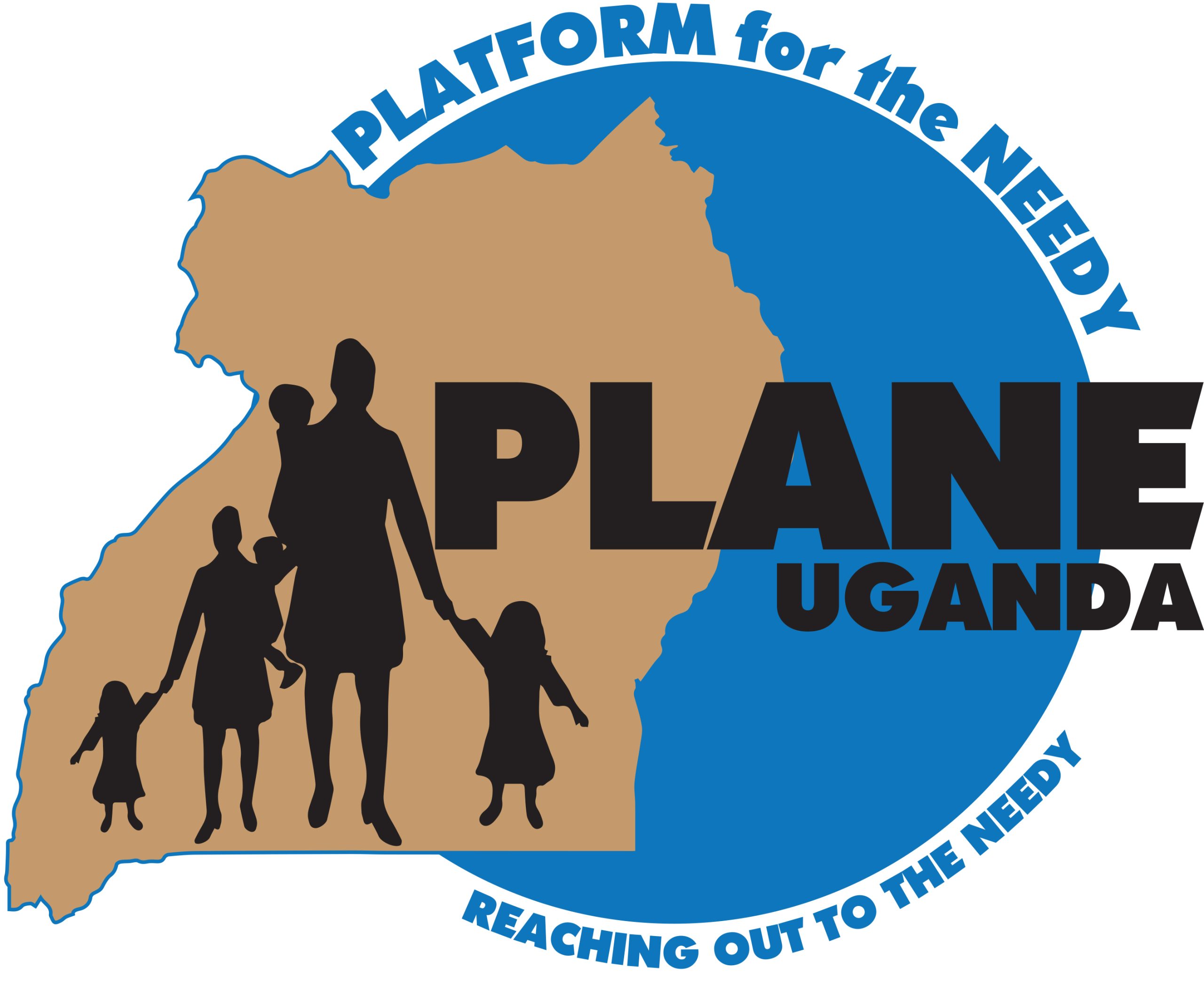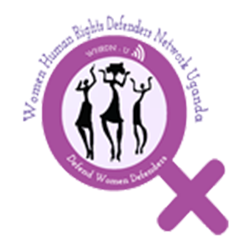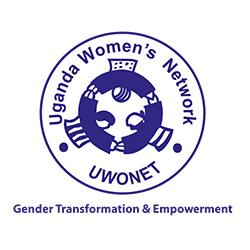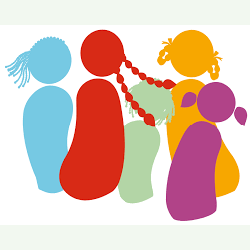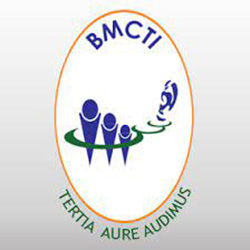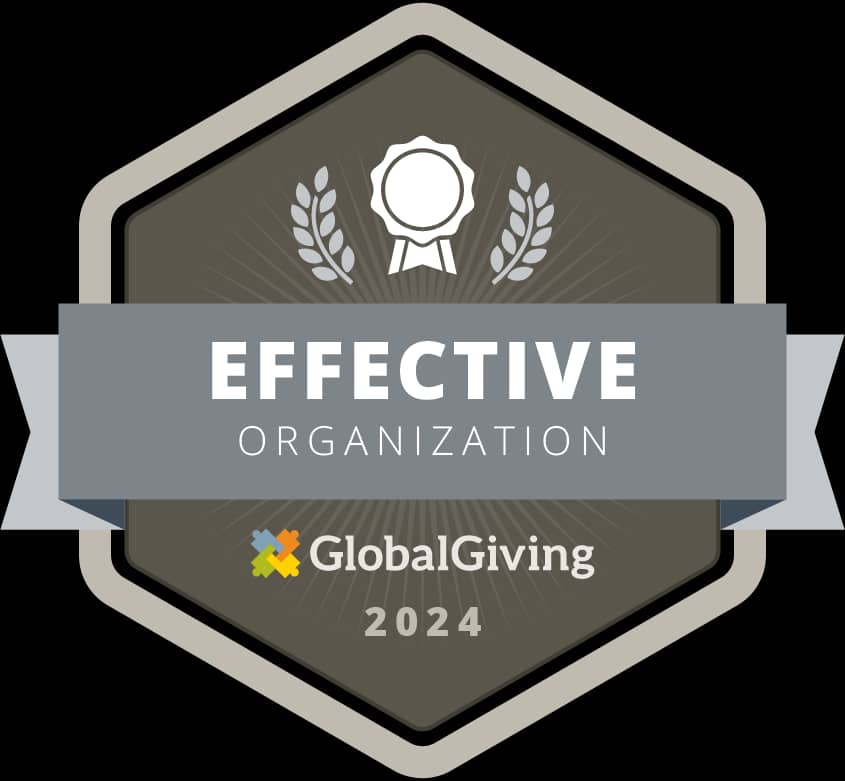By Dr. Anil Nepali, Global Ambassador of PLATFORM for the NEEDY
Rise in Juvenile Delinquency
Juvenile delinquency, or criminal behavior among young people, is increasing in Uganda. Subjecting children to adult judicial proceedings can harm their well-being and future prospects. Therefore, implementing child-friendly justice services is crucial to protect the rights of children in conflict with the law. Uganda’s justice system has been grappling with how to effectively address offenses committed by children.
Uganda’s Legal Framework
Uganda’s Children’s Statute bill aims to unify the definition of a child as someone under 18 years old. This ensures consistent legal rights and protections. According to Uganda’s Children Act of 1997, children under 12 are deemed incapable of committing a crime and are not subject to criminal liability. However, children aged 12 to 18 can be held accountable for their actions. The legislation encourages the use of diversionary measures and restorative justice procedures to rehabilitate and reintegrate these children back into society. The national diversion rate in Uganda is 76.3%, according to the Justice, Law, and Order Sector Annual Report 2017/18.
Commitment to Child Rights
In 1990, Uganda ratified the UN Convention on the Rights of the Child. This commitment prioritizes the well-being and development of children. With UNICEF’s support, the Justice, Law, and Order Sector is executing the Justice for Children (J4C) Programme to address children’s needs within the justice system. A significant step has been the launch of Diversion Guidelines by the Uganda Police Force and UNICEF. These guidelines reflect the current legal framework and international standards.
Need for a Multi-Disciplinary Approach
Uganda needs a multi-disciplinary approach involving various stakeholders. First, programs should educate judges, prosecutors, and law enforcement officials about children’s rights and restorative justice. Additionally, public awareness campaigns about juvenile delinquency, its causes, and the value of rehabilitation and reintegration are essential. Moreover, Uganda must establish a system for regular monitoring and evaluation of the juvenile justice system. Updating laws and policies related to juvenile justice according to the United Nations Convention on the Rights of the Child’s standards is also crucial.
Conclusion
By addressing these issues, Uganda can better support the well-being and future prospects of its children. Implementing child-friendly justice services and taking a multi-disciplinary approach will help protect children’s rights and reduce juvenile delinquency.
References
UNICEF: Guidelines to Promote the Rights of Children in Conflict with the Law
UNICEF: Prosecuting Child-Related Cases in Uganda
UNICEF IRC: Uganda Portfolio
UNICEF: Prosecuting Child-Related Cases in Uganda
Uganda National Child Policy 2020
